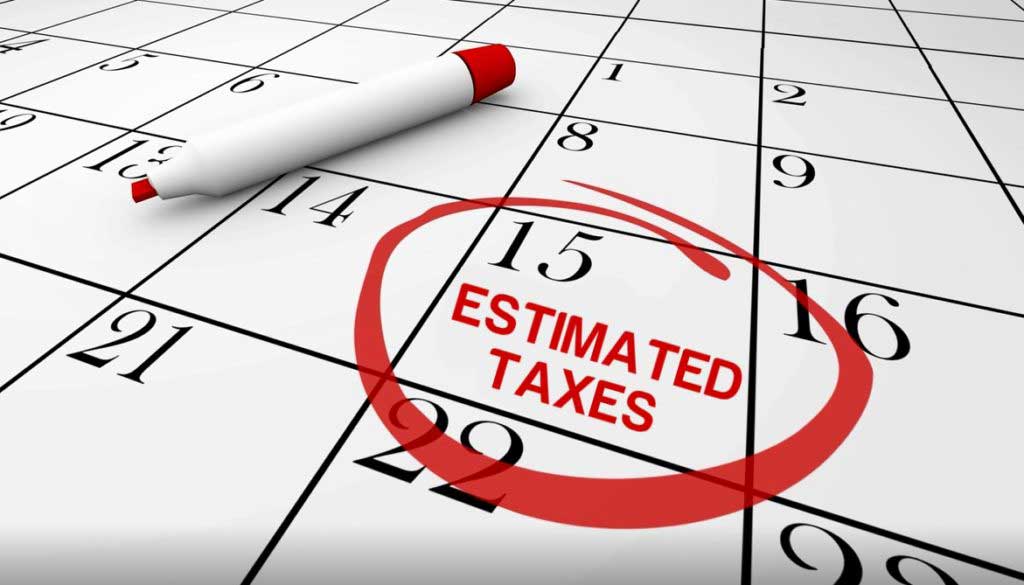
The Canada Revenue Agency (CRA) might have helped you through the lockdown if you lost your job due to COVID-19. The federal government initially announced the Canada Emergency Response Benefit (CERB) that would see qualifying Canadians receive $2,000 per month over 16 weeks. After two extensions, the program’s total length became 28 weeks, and Canadians can receive up to $14,000 through the program.
The CERB is a taxable benefit. The CRA did not deduct the taxes while disbursing the payments. It means that the payment will count as part of your taxable income for the 2020 tax year. If you received any CERB money without qualifying for it, you can repay it to the CRA and avoid paying taxes on the mistakenly received funds.
However, if you truly needed the funds and qualified for it while receiving the money, the CRA will calculate your taxes with the CERB cash you’ve received.
However, before you apply to this federal benefit, you need to know that the CERB is taxable by the CRA.
What are your estimated taxes for 2020?
When you calculate your taxes, you need to remember that you have to pay provincial and federal tax. The federal tax is 15% of the first $48,535 of your taxable income for the 2020 tax year. With the pandemic, you might not have earned a lot of money in 2020.
Suppose you receive a full $14,000 over 28 weeks through CERB, you earned $31,000 besides the CERB before you lost your job for the 2020 tax period, and you live in Manitoba. Your total taxable income will be $45,000, and you will have to pay $6,750 in provincial taxes.
The provincial tax for your taxable income will be 10.8% for the first $33,389 and 12.75% on the next $38,775. It means your provincial tax will come around to $5,086. It means that the total tax bill you can estimate in the scenario above is $11,836. Considering the loss of income due to COVID-19, that can be a hefty tax bill.
It is crucial to estimate your tax preemptively so that you can allocate enough funds to pay off the CRA. The next tax season is several months away, and every dollar you set aside can come in handy to pay off your tax bill. If you have any savings as cash that you did not need to touch because of CERB, you can use it to generate some passive income that can offset the tax bill.
Source: Yahoo News
Newsletters
Newsletter – March 2019
NewslettersEvents & SponsorshipArticles & Publications
Newsletter – February 2019
NewslettersEvents & SponsorshipArticles & Publications
Newsletter December 2018
NewslettersEvents & SponsorshipArticles & Publications
Newsletter November 2018
NewslettersEvents & SponsorshipArticles & Publications
e-Newsletter – August 2018
NewslettersEvents & SponsorshipArticles & Publications
Events & Sponsorship
No Results Found
The page you requested could not be found. Try refining your search, or use the navigation above to locate the post.
Articles & Publications
RRSP/RRIF and non-registered investments
Drawing from your RRSP/RRIF and non-registered investments. It often helps to think in terms of family wealth and tax efficiency. One of the most asked questions the newly retired or those about to retire have is: "When should I start drawing from my registered...
Strategies to consider when buying a second property
Strategies to consider when buying a second property. There are three common types of second properties people are looking at when they wish to buy a second property: cottages, income properties and U.S. real estate. COTTAGE PROPERTIES If you've been looking to buy a...
Incorporating your Business in Canada
Tax Advantages of Incorporating your Business in Canada Incorporating your business may lead to lower taxes depending on your particular situation and the province in which you operate. Incorporating can save you money once the business generates more income than you...
How much is child benefit in Canada per month?
How much is child benefit in Canada per month? For each child: under six years of age: $6,833 per year ($569.41 per month) 6 to 17 years of age: $5,765 per year ($480.41 per month). Will child benefit increase in 2021? On July 20, the Minister of Families, Children...
Is Cryptocurrency Taxable in Canada?
Is cryptocurrency taxable in Canada? According to CRA, possessing or holding a cryptocurrency is not taxable. However, selling, making a gift, trading or exchanging a cryptocurrency, including disposing of one to get another, or converting cryptocurrency to a...